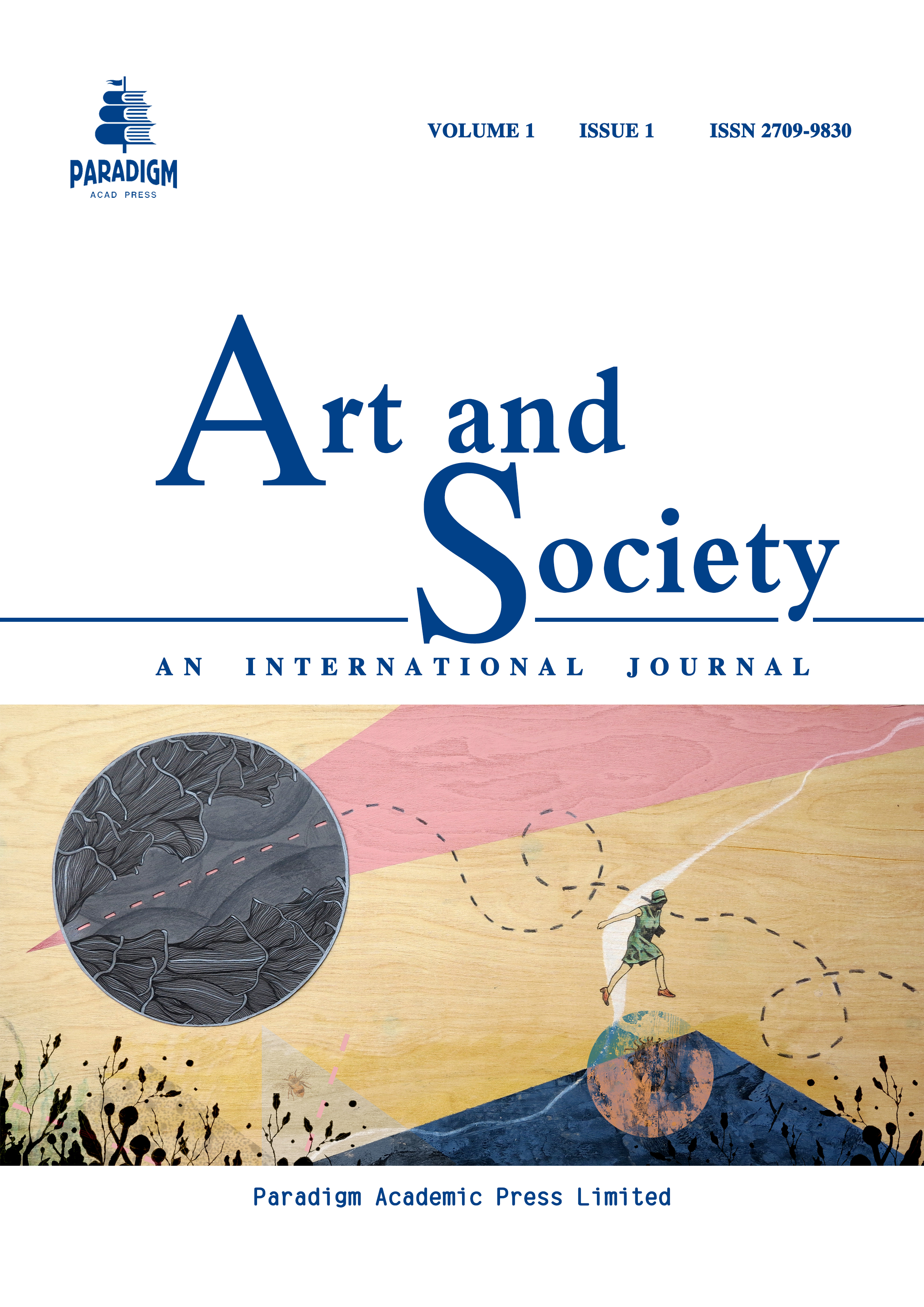Gender, Class, and Political Power in Isabel Allende’s The House of the Spirits: A Feminist Reading of the Post-Colonial Landscape in Chile
Keywords:
Isabel Allende, The House of the Spirits, feminism, female agency, political revolutionAbstract
In The House of the Spirits, Isabel Allende explores the intersection of gender, class, and political power through the lives of the Trueba family, with a focus on the experiences of the female characters. This paper examines how women in the novel engage with political movements, challenge dictatorial oppression, and navigate patriarchal structures. Central to this exploration are Clara, Blanca, and Alba, whose individual journeys highlight the complexities of female agency in times of political and social unrest. Through their activism, spiritual resistance, and personal struggles, these women subvert traditional gender roles and demonstrate how women carve out spaces for resistance within male-dominated spheres. The feminist critique within Allende’s work exposes the limitations imposed on women’s agency in revolutionary movements, while also showcasing their significant contributions to the fight for social justice and gender equality. This analysis reflects the broader feminist discourse on the intersectionality of gender, class, and political struggle in the context of Latin American history.



